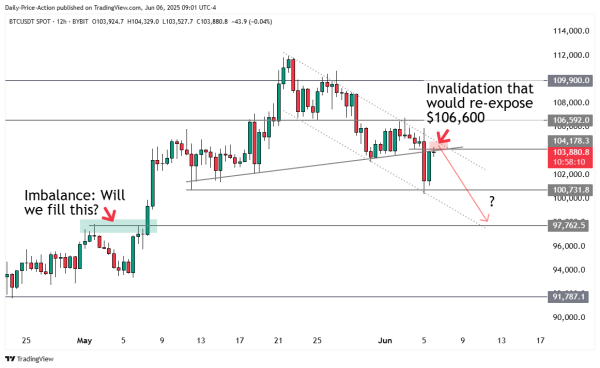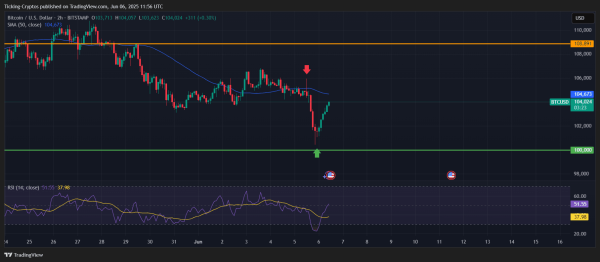Synopsis
Big bettors are questioning WazirX, the cryptocurrency exchange facing insolvency in Singapore after a major crypto heist. Two large investors, Bitcipher Labs and NextGenDev, are uncertain why they are listed as creditors of Zettai, a Singapore company, when their dealings were with Indian entity Zanmai.
Big bettors are throwing tricky questions at WazirX, the cryptocurrency exchange which is knocking on the doors of Singapore insolvency court after a crippling crypto heist.
Two of the largest corporate users, which had purchased cryptos worth millions of dollars on the WazirX platform, have questioned why they are described as contingent creditors of a Singapore company (named Zettai) in the court papers when their dealings have been with WazirX which is owned by an Indian entity (called Zanmai).
Most investors in India were unaware of Zettai before the cyberattack that drove the company to Singapore court to seek a moratorium. It emerged that Zettai is the parent of the Indian company Zanmai which launched the WazirX platform.
Crypto Tracker![]() TOP COIN SETSWeb3 Tracker11.16% BuyNFT & Metaverse Tracker5.34% BuySmart Contract Tracker2.89% BuyCrypto Blue Chip – 51.91% BuyBTC 50 :: ETH 500.97% BuyTOP COINS (₹) BNB45,775 (5.95%)BuyBitcoin4,896,042 (2.4%)BuySolana11,420 (1.58%)BuyEthereum200,158 (1.25%)BuyTether84 (0.16%)BuyHowever, the two investors – Bitcipher Labs (which owns CoinSwitch, another crypto platform) and NextGenDev – have asserted that their “legal relationships are with Zanmai and not Zettai”.
TOP COIN SETSWeb3 Tracker11.16% BuyNFT & Metaverse Tracker5.34% BuySmart Contract Tracker2.89% BuyCrypto Blue Chip – 51.91% BuyBTC 50 :: ETH 500.97% BuyTOP COINS (₹) BNB45,775 (5.95%)BuyBitcoin4,896,042 (2.4%)BuySolana11,420 (1.58%)BuyEthereum200,158 (1.25%)BuyTether84 (0.16%)BuyHowever, the two investors – Bitcipher Labs (which owns CoinSwitch, another crypto platform) and NextGenDev – have asserted that their “legal relationships are with Zanmai and not Zettai”.
Did you Know?
The world of cryptocurrencies is very dynamic. Prices can go up or down in a matter of seconds. Thus, having reliable answers to such questions is crucial for investors.
View Details »In a letter to the Singapore court, CHP Law, a firm representing these investors, said, “Our clients are uncertain from their reading of NS1A (the first affidavit filed by WazirX founded Nischal Shetty) why Zettai SG considers them to be creditors of Zettai SG. Zettai SG has also not communicated with them about this.”![]()
According to the affidavit, Zettai took control, “under protest”, of the cryptocurrency tokens from its partner Binance (the world’s largest crypto exchange) following a rift between the two. The dispute is currently in the midst of arbitration proceedings in Singapore whose deliberations are confidential.
In the letter (mentioned above) before the court, CHP, on behalf of Bitcipher and NextGenDev, said that no documents have been disclosed to show how the transfer of control and/or ownership of the tokens between the parties occurred. “Further, it is not clear which is the specific entity/person who is presently holding the tokens belonging to WazirX’s users, in particular, the specific tokens belonging to our clients. Clarity needs to be provided as to which tokens Binance, Zettai SG and Zanmai India respectively hold and/or control,” they said.
The letter, outlining the objections of the two investors, was attached to a supplementary affidavit filed by Shetty on September 10. The first affidavit was filed in end-August.
With multiple offshore crypto platforms approaching Indian authorities to do business here, the WazirX development is being closely tracked by some of the practitioners of tax and foreign exchange laws.

According to Harshal Bhuta, partner at the CA firm PR Bhuta & Co, the recent revelation that Zanmai India did not actually hold custody of cryptocurrencies (but instead its foreign parent Zettai Pte. Ltd. had the custody) complicates matters for Indian users of the platform.
“As a consequence, if it is construed that users’ cryptocurrencies are held in custody wallets outside India, then it may expose the Indian users to complications under the Foreign Exchange Management Act (FEMA), where there is uncertainty regarding the regulations for purchase of cryptocurrencies held outside India. Additionally, Indian users may need to report these cryptocurrencies as foreign assets in their tax returns under Schedule FA, failing which they may face penalties under Black Money law,” said Bhuta.
It appears that Zanmai India operated rupee-related services on the platform, while Binance operated the rest. Referring to this, the letter said, “It is not clear what the term ‘operating’ means. No documents have been disclosed to elaborate on what this means. In particular, our clients are interested to know if ‘operating’ means that Zanmai India held and/or controlled all tokens belonging to INR-related matters, including all transactions involving our clients.”
A cyberattack in July 2024 saw one of the platform’s wallets emptied of $234 million in funds. But it is unclear which specific wallet was emptied and which of WazirX’s users’ funds were held in that wallet, said the two platform users. And more importantly, whether their tokens were held in the hacked wallet. These investors have also questioned the jurisdiction of the Singapore court in a dispute between them and Zanmai.
Such questions thrown up in the wake of the WazirX fiasco have once again underscored the ambiguities around cryptocurrency transactions in India. While there is no legal ban on crypto trades and all deals and gains are heavily taxed, local users may still be clueless about how and where the virtual digital assets they have been betting on are housed and whether they have unwittingly broken any law.













